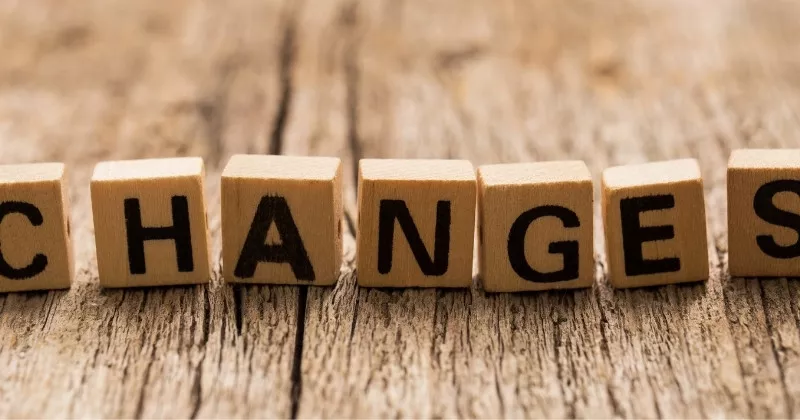You always learn something new – Adult Learning and Education and Life Transitions

Our lives consist of many transitions – some of them are planned and have a time schedule (think of starting and finishing school, retirement etc.). Others can be planned to a certain extent but are quite traditional and their preparation and consequences are very well known: marriage and children, for example. Then we have events that demand a lot of resilience, such as divorce, illness or job loss. The good news is that adult learning and education can play a very positive role in supporting people in these life transitions.
Societal and economic transition can be facilitated more easily with the help of education and training, just think about the efforts for digitalisation, which is only partly a technological issue, the main issue, as you know, are digital skills and the gaps in them. But for the time being, I’ll concentrate on personal life transitions.
Let me give you some examples:
- A ‘traditional’ group of learners are people who have recently retired. They often want to take up interests and hobbies they did not have the time for when they were still working. Weekly classes (if this is what they are following) also give the week more structure, which can be very important for people who are suddenly without a regular timeframe.
- When I was teaching English in adult education in Vienna, I had one group of learners in almost all of the classes: parents – parents of children who were about to learn English. Here you have a group that is mainly interested in language competence – they want to be able to help their children. In quite a few countries, there also other offers for parents: from health and nutrition to advice on upbringing. Whether these are offered in adult education centres, social / family centres or other institutions depends on a country’s tradition, but they are definitely part of adult education.
- Divorcees are another group that can get support from adult learning and education. For many, a separation or divorce means a change in lifestyle, schedule, friends and acquaintances. Adult education can help find a new structure of spare time, new friends and new interests.
- Illness, especially chronic ones, can be a huge transition for the concerned persons and most of the time also their families and friends. ALE centres can provide information and support, be it for the ill person or their relatives. As in the other examples, these groups and sessions might happen in an adult education centre, might be self-organised (so in a way like a Nordic study circle) or take place in a hospital or clinic.
One o/f the best observations on the support adult education can provide (and it relates to the last example that I have given above) can actually be found in a novel. In David Lodge’s Deaf Sentence, a retired university professor is becoming increasingly hard of hearing, so he attends a class on lip-reading. He’s not sure if it will be really helpful, but:
[…] I find the class a soothing and refreshing interlude in the week, a welcome suspension of the troubled introspection for which retirement gives so much scope, and a distraction from the anxieties of my personal life at the moment. Above all, it is wonderfully relaxing to be in a social environment where you don’t have to feel in the least foolish or worried or apologetic about being deaf (see: Lodge, David: Deaf Sentence, p. 156, Penguin, 2008.)
Isn’t that a perfect description of what adult learning and education can do for transitions in your life? You can find support and distraction, and all this in a safe, non-judgemental environment. So let me finish by telling you about the end of novel. The protagonist has gone through a number of events and experiences that characterise his period of life, and in the end he returns to his lip-reading class, which continues its ‘mutual kindness and compassion’. In order to practice lip-reading, the trainer presents stories and facts that they discuss. The books last sentence is ‘I always learn something new at lip-reading class’.
So, there you go – the power and joy of learning! If I have used to much fiction to illustrate my points, please forgive me, once in a while my literature background pops up. And if you have experiences with life transitions yourself, either as a learner or a teacher / trainer, I’d love to hear from you!
Please post your contributions in the comment section below.





Challenging